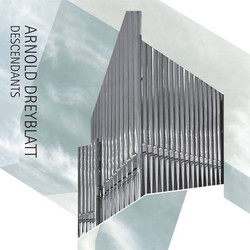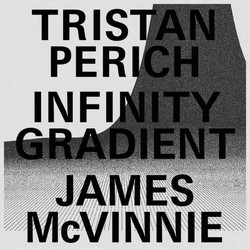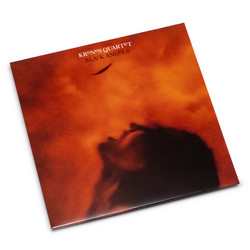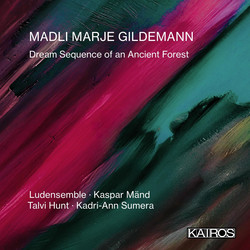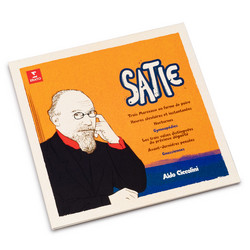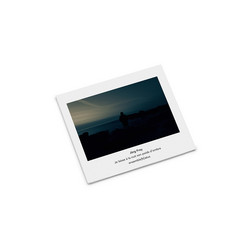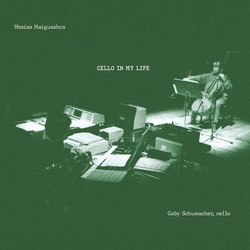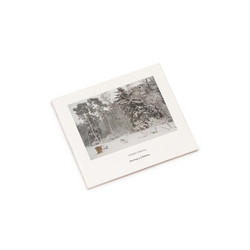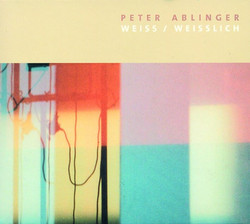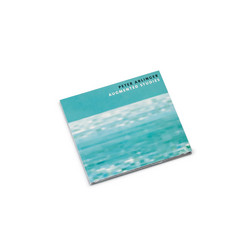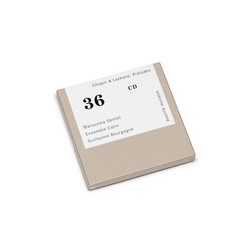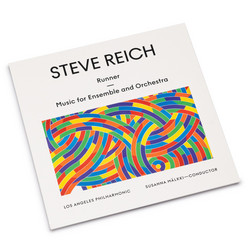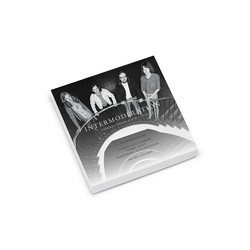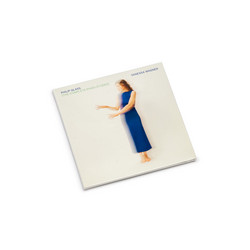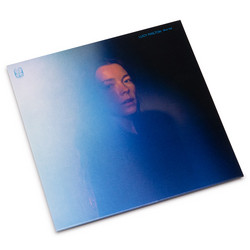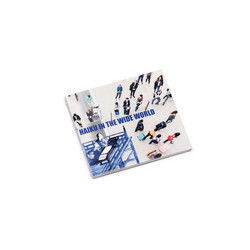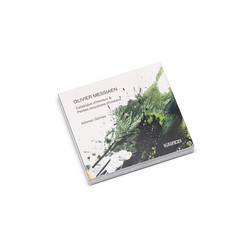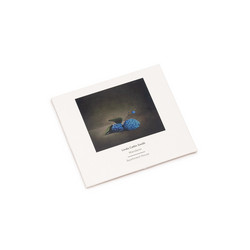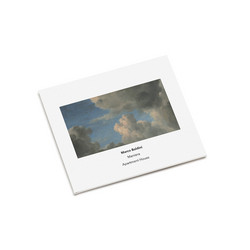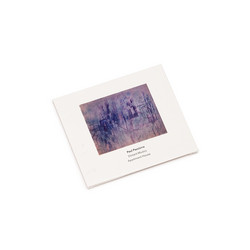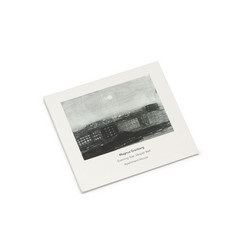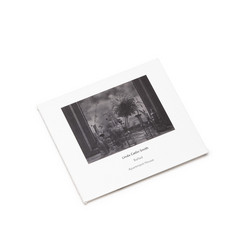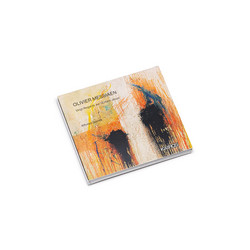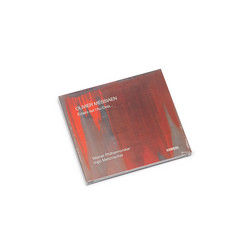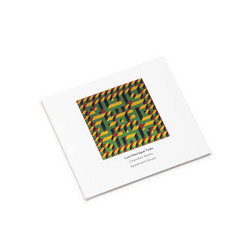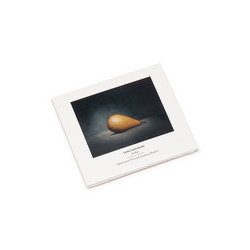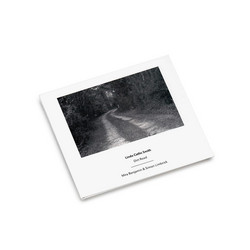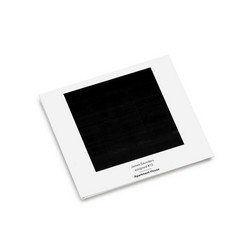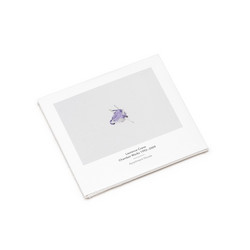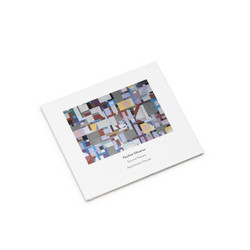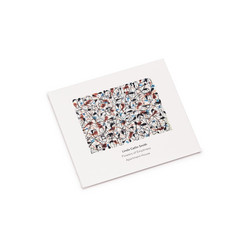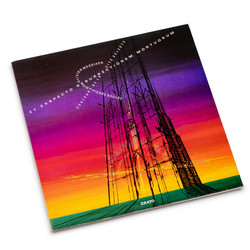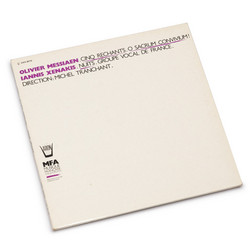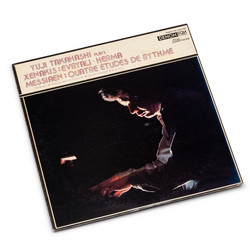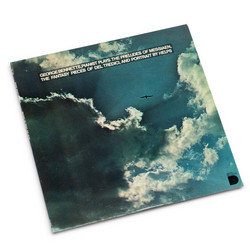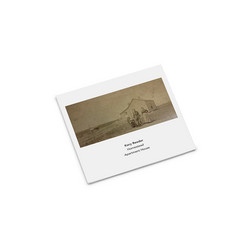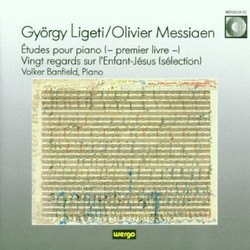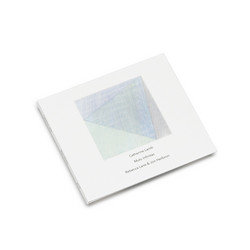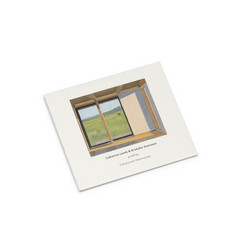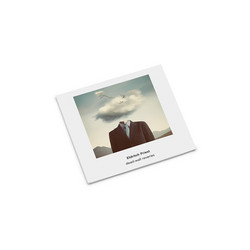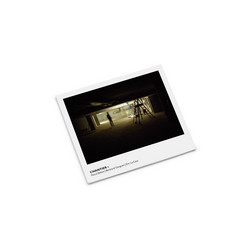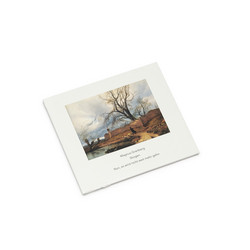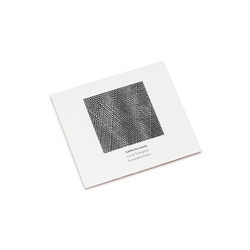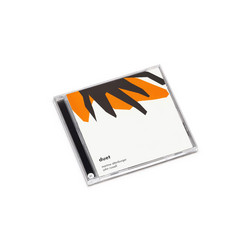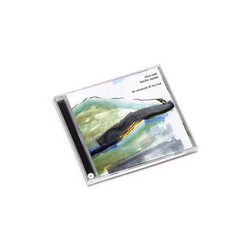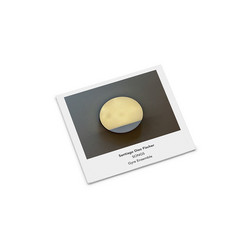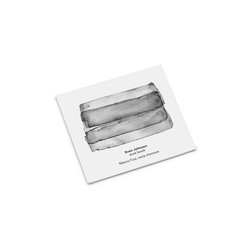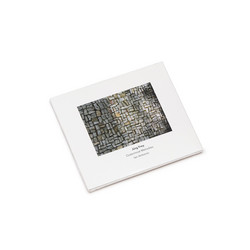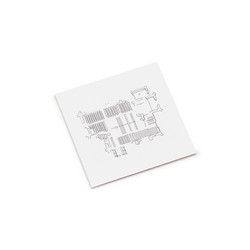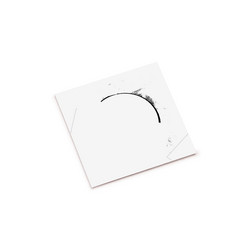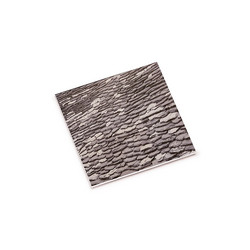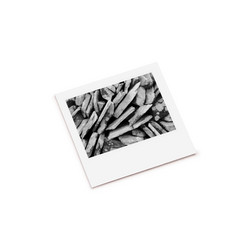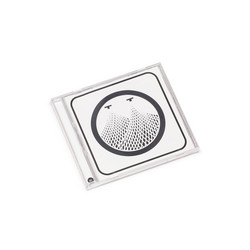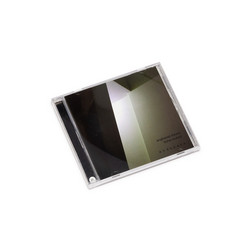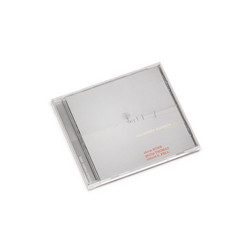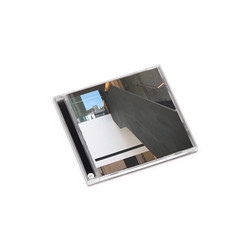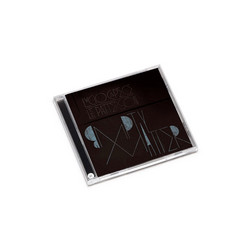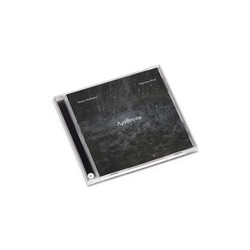Apartment House, Linda Catlin Smith, Olivier Messiaen
Among the Tarnished Stars / Quatuor pour la fin du temps
UK ensemble Apartment House performs two landmark works for the same instrumentation of violin, cello, clarinet and piano: Olivier Messiaen's Quatuor pour la fin du temps (1941) and Toronto based composer Linda Catlin Smith's Among the Tarnished Stars (1998). Released by Another Timbre in August 2019, this recording takes a fresh modern approach to the Messiaen, drawing out its experimental character, while revealing the sense of drama and intricate gradations of sonority in Smith's rich and mysterious work.
Messiaen composed his Quatuor pour la fin du temps in 1941 while imprisoned in a German concentration camp, and it has become one of his most recorded compositions. Apartment House sidesteps the standard romantic approach, choosing instead to play the piece in a simpler and less rhetorical way, giving the music new strength and clarity. The ensemble adopts a practice of generally non vibrato playing, which radically changes the sound, foregrounding the static, timeless elements of Messiaen's music and drawing out its experimental character. The opening "Liturgie de cristal" emphasizes strangeness through abruptness, while the glacially slow clarinet solo "Abîme des oiseaux" is played with a tone that is both pensive and unyielding. The movement "Danse de la fureur, pour les sept trompettes," played by all four in unison, achieves arresting lock step precision that produces a unique timbre and gives repeated phrases an urgency rarely heard in other recordings.
Toronto based composer Linda Catlin Smith has been well represented in Another Timbre's ten volume series of contemporary Canadian composers. Among the Tarnished Stars (1998), her first work to be paired with Messiaen's masterpiece, is performed here by Apartment House in a reading that stretches the piece to 28 minutes, making the most of Smith's subtle sonic exploration. From the opening's ascending arpeggios through an almost accordion like blend of clarinet and strings to wonderfully resonant ensemble clusters that ring out into the emptiness of space, the performance reveals how timbre has structural primacy in this astonishing work. Every shade and color pianist Philip Thomas brings to his opening ascending figures is captured with vivid contrast, while Mira Benjamin's violin, Anton Lukoszevieze's cello and Heather Roche's clarinet conjure shades of mellow orchestrations. The nearly half hour piece explores octave drone, disparate voicings, quasi canon and dynamic contrast, with the ensemble seeming to grow and shrink while sheer beauty and sonic largess render actual group size irrelevant.
The disc is structured as an intergenerational dialogue, with Smith's piece serving as the album's point of entry. This astonishing programming decision reveals how the future can control the past, as Smith's composition, written with Messiaen at least partially in mind, recontextualizes the earlier work and illuminates shared concerns with timbre, its multivalent colors and their structural primacy. Supported by recording quality second to none, this triumph of performance should be heard by anyone with interest in these pieces or their musical implications.

